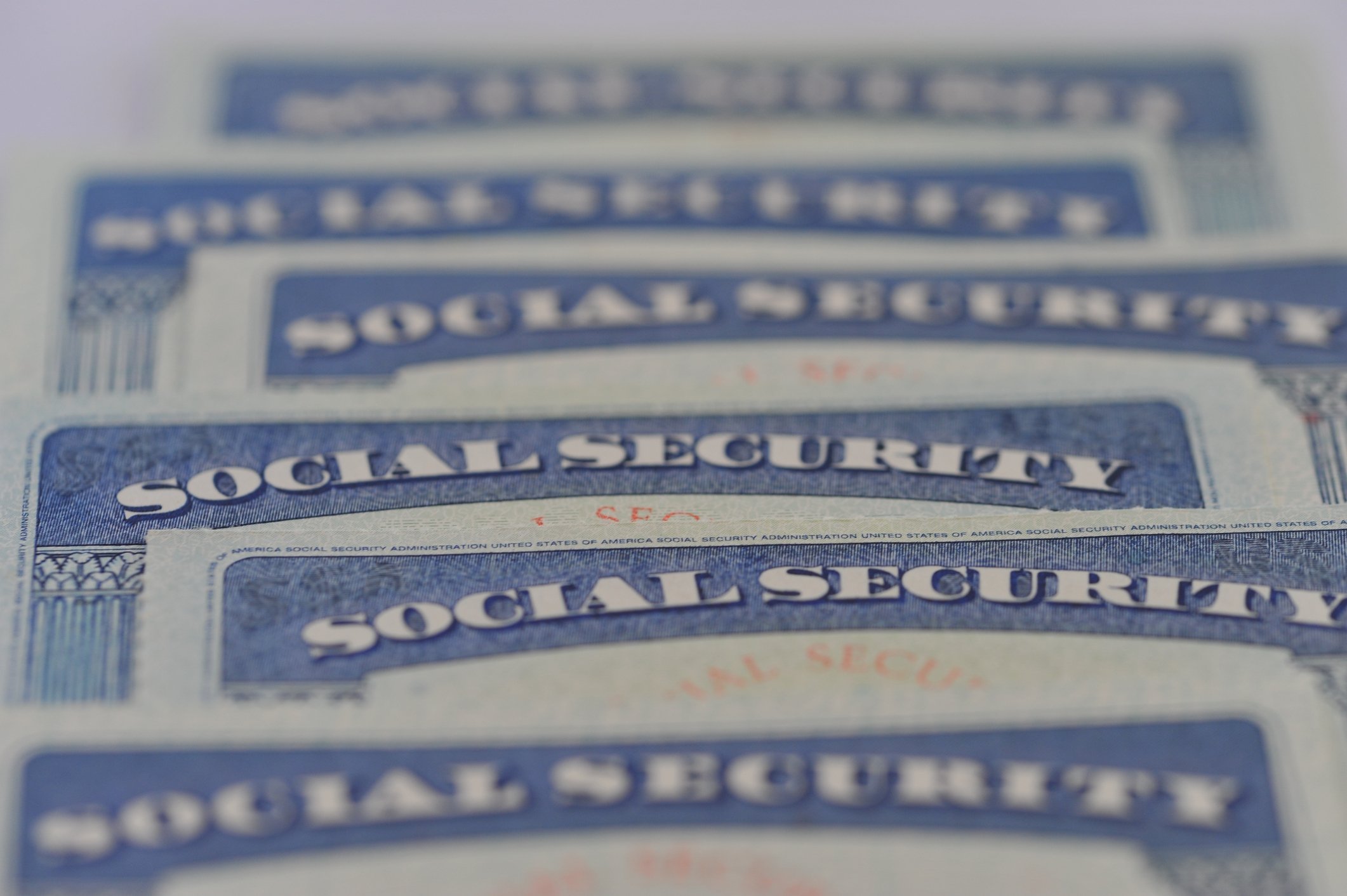Identity theft comes in all shapes and sizes, from a stranger fishing for information to a relative who rummages through your desk drawer looking for your Social Security number. It's natural to be concerned that someone might help themselves to the assets you've worked so hard to build.
Whether you're still working or drawing money from a retirement plan, there's certainly nothing harmless about identity theft. One trick employed by scammers is to make what they're doing appear harmless when they're really worming their way into your credit card account, planning to leave you with a huge bill.
Here's how it works and what you can do about it.

Image source: Getty Images.
Phantom payments
If you regularly review your account statements (and you should), you may notice a small, unexplained charge. It could be as little as a few cents -- small enough that you don't want to waste the time looking into it.
These tiny charges are called "phantom payments," and they could be a warning sign that someone is confirming the account is active. Once they're sure about this, these cybercriminals will follow up with larger fraudulent charges.
As the holiday season approaches, bad actors know that life can become busy, and now is the perfect time to fish for active accounts. The hope is you either won't have time to check your account statements, or you'll be too busy to follow up on minor charges.
While you would certainly dispute a large unauthorized payment, a small charge of $0.63, $1.15, or $2.27 might slip through the cracks. Once a scammer knows your account is active and vulnerable, they'll pounce.
How to protect yourself
Phantom payments are not the only method criminals use to gain access to your assets. The following steps can help protect you from any form of identity theft:
- Review all bank and credit card statements: At least once a month, scan every charge. You should know what each one was for and that you approved it. Don't forget to check your savings account for any unauthorized withdrawals.
- Look for unfamiliar merchants: For example, if you see the words "test" or "payment process," it could be part of the scam. If the payment is being made to a business located in another state or country, ensure it is a purchase you made.
- Be suspicious: Don't answer phone calls, texts, emails, or social media messages from anyone you don't know. It's OK to let your calls go to voicemail or to block calls when necessary.
- Be stingy with personal information: Unless you're applying for a loan, no one needs to know your bank account or Social Security number. They also don't need your birth date, the name of the street you grew up on, or where you met your significant other.
- Collect mail every day: Don't leave mail sitting in your mailbox. If you're going to be on vacation or away from home for any reason, place a hold on your mail delivery.
- Store personal information in a safe place: Don't carry your Social Security card or credit cards you're not using in your wallet. Instead, store them in a safe place at home -- ideally somewhere only you have access to.
Signs you may be the victim of identity theft
Here are some of the clearest signs that your identity may be compromised:
- You receive a bill for items you didn't buy.
- An account or loan is opened in your name, but no payment is ever made.
- You receive calls from a debt collector for an account you never opened.
- You apply for a loan that's denied, despite your strong credit score.
- You notice inquiries you don't recognize on your credit report.
- You receive correspondence from your health insurance company discussing conditions you don't have or denying a claim you never made.
If you're a victim of identity theft
If you believe you're a victim of identity theft, you should act quickly to protect yourself. Once you've gathered the information for your bank accounts and other digital assets, these are the first three contacts you should make:
- Call the fraud department at your bank, credit card issuer, and any other financial institutions where you have accounts. Let them know that your account may be compromised.
- Contact the three major credit reporting agencies: TransUnion, Equifax, and Experian. Ask them to place a fraud alert and credit freeze on your accounts.
- Report the issue to the Federal Trade Commission (FTC). You can do it online at IdentityTheft.gov or by calling 877-438-4338.
Scammers have existed throughout human history. The good news is, you now have more tools at your disposal to stop them in their tracks.





